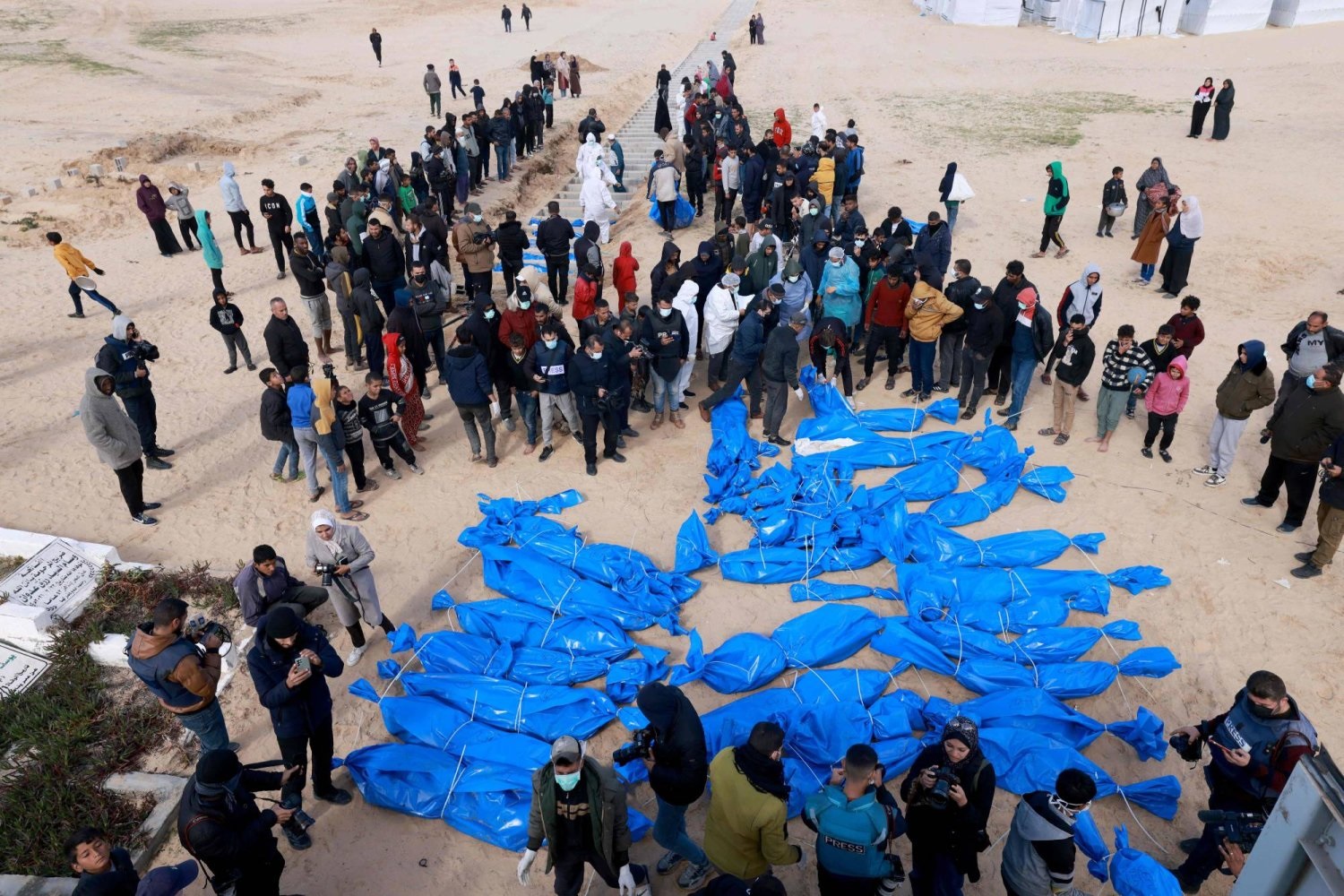Watan-The Hebrew newspaper “Yedioth Ahronoth” revealed the stance of Israeli officials regarding the response submitted by the Islamic Resistance Movement “Hamas” to the mediators regarding the framework agreement that was developed during meetings in Paris.
The newspaper quoted Israeli officials who had seen Hamas’s response as “not implementable,” and they pointed out that Tel Aviv cannot accept the demand for a ceasefire.
According to Israeli officials, there is a demand related to the release of 1500 Palestinian prisoners, including those serving life sentences and high sentences.
These officials added that Israel will have to verify whether this is a preliminary position for negotiations, but in its current formulation, it cannot be accepted.
According to the same sources, there are several points in Hamas’s response that pose a problem and are being deeply studied by the Mossad and the Israeli army, but it was emphasized that hope should not be lost.
Israeli Prime Minister Benjamin Netanyahu called for a meeting of the political and security leaderships after hours to discuss Hamas’s response to the proposed deal regarding the war in Gaza.
Details of Hamas’s response
Al Jazeera previously reported Hamas‘s response to the proposed ceasefire agreement in Gaza, quoting sources as saying that Hamas agreed to a framework for reaching a comprehensive and sustainable truce in three stages, each lasting 45 days, including agreement on prisoner exchanges, ending the siege, and reconstruction.
According to the sources, Hamas demanded that full ceasefire negotiations be completed before the start of the second stage, ensuring the withdrawal of Israeli forces from the sector’s borders and the commencement of reconstruction.
In the first stage, Hamas proposed releasing Israeli detainees, including women, children, the elderly, and the sick, in exchange for 1500 prisoners, including 500 serving life sentences and high sentences, in addition to all women, children, and elderly people in Israeli prisons.
Hamas also stipulated a complete cessation of military operations from both sides, the withdrawal of Israeli forces from residential areas in all Gaza Strip regions, and the entry of at least 500 trucks of aid and fuel into all Gaza Strip areas during the first stage.
The sources said that in the first stage, Hamas also demanded the return of displaced persons to their places of residence and ensured freedom of movement between the north and south of the sector, as well as the opening of crossings.
Hamas’s response also included the necessity of entering at least 60,000 temporary housing units and 200,000 tents into the sector during the first stage, as well as approving a plan for the reconstruction of houses, economic facilities, and public utilities destroyed within a period not exceeding three years.
The first stage also includes the reactivation of hospitals and the restoration of damaged medical facilities.
The Second Stage
The second stage includes Hamas handing over Israeli military prisoners, with Tel Aviv releasing a certain number of Palestinian prisoners, in addition to the complete withdrawal of Israeli forces from all areas of the sector.
In this stage, Hamas also demanded the completion of full ceasefire talks, the continuation of all humanitarian measures implemented in the first stage, and the actual start of the reconstruction process.
According to Hamas’s vision, the third stage includes the exchange of bodies and remains of the dead on both sides after identification and recognition.
Hamas’s demands also included stopping settlers’ incursions into the Al-Aqsa Mosque and restoring the situation in the blessed mosque to what it was before 2002.
Hamas emphasized the necessity of completing legal procedures to prevent Israel from re-arresting the released prisoners as part of the deal, and requested that Qatar, Egypt, the United States, Turkey, and Russia guarantee the implementation of this agreement.

